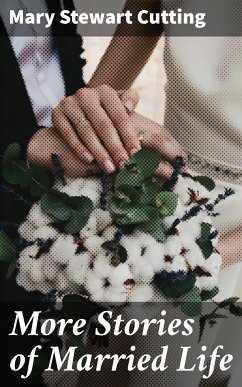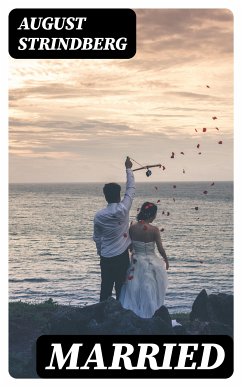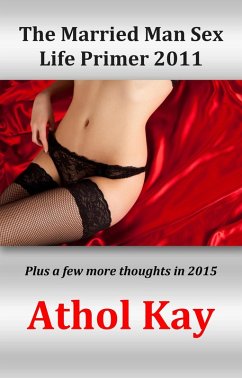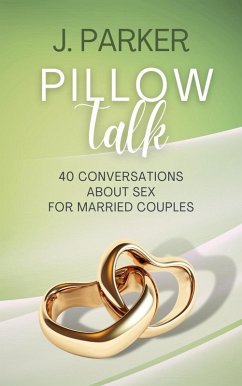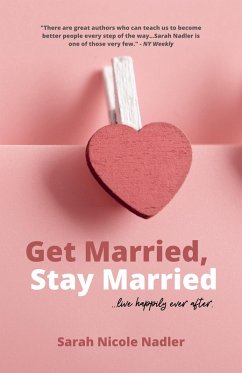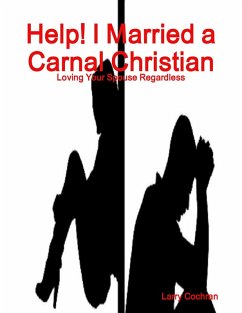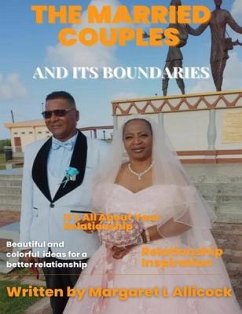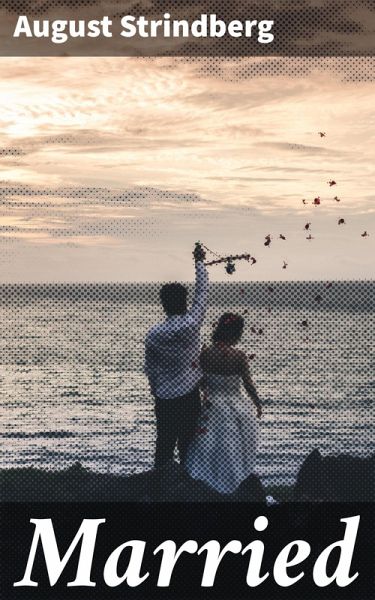
Married (eBook, ePUB)
Exploring Marriage and Relationships in 19th-Century Sweden

PAYBACK Punkte
0 °P sammeln!
In "Married," August Strindberg masterfully navigates the tumultuous waters of love and relationships through a semi-autobiographical lens, capturing the struggles and complexities of intimacy and societal expectations. Written in a candid and provocative style, this work is infused with Strindberg's characteristic psychological depth and realism, as he delves into themes of gender conflict and existential angst. The novel'Äôs fragmented structure and stream-of-consciousness narrative create an immersive experience, reflecting the chaotic nature of human emotions and the societal constraints...
In "Married," August Strindberg masterfully navigates the tumultuous waters of love and relationships through a semi-autobiographical lens, capturing the struggles and complexities of intimacy and societal expectations. Written in a candid and provocative style, this work is infused with Strindberg's characteristic psychological depth and realism, as he delves into themes of gender conflict and existential angst. The novel'Äôs fragmented structure and stream-of-consciousness narrative create an immersive experience, reflecting the chaotic nature of human emotions and the societal constraints of the late 19th century. Strindberg, a prominent figure in modern drama, was profoundly influenced by his tumultuous personal life, marked by failed marriages and conflicting ideologies about gender. His experiences provided a rich backdrop for 'ÄúMarried,'Äù as he explored the dissonance between romantic ideals and the harsh realities of marriage, shedding light on the deeply ingrained cultural norms of his time. His engagement with themes of power dynamics in relationships illustrates his broader philosophical inquiries into human nature and societal roles. For readers drawn to psychological exploration and social critique, "Married" offers an unflinching examination of the human condition. Strindberg'Äôs keen observations and eloquent prose make this novel a compelling read, inviting reflection on the nature of love and the complexities of human connection. A timeless piece that resonates with contemporary discourse on relationships, this book is essential for anyone seeking to understand the intricacies of marital life.
Dieser Download kann aus rechtlichen Gründen nur mit Rechnungsadresse in A, B, BG, CY, CZ, D, DK, EW, FIN, F, GR, H, IRL, I, LT, L, LR, M, NL, PL, P, R, S, SLO, SK ausgeliefert werden.




